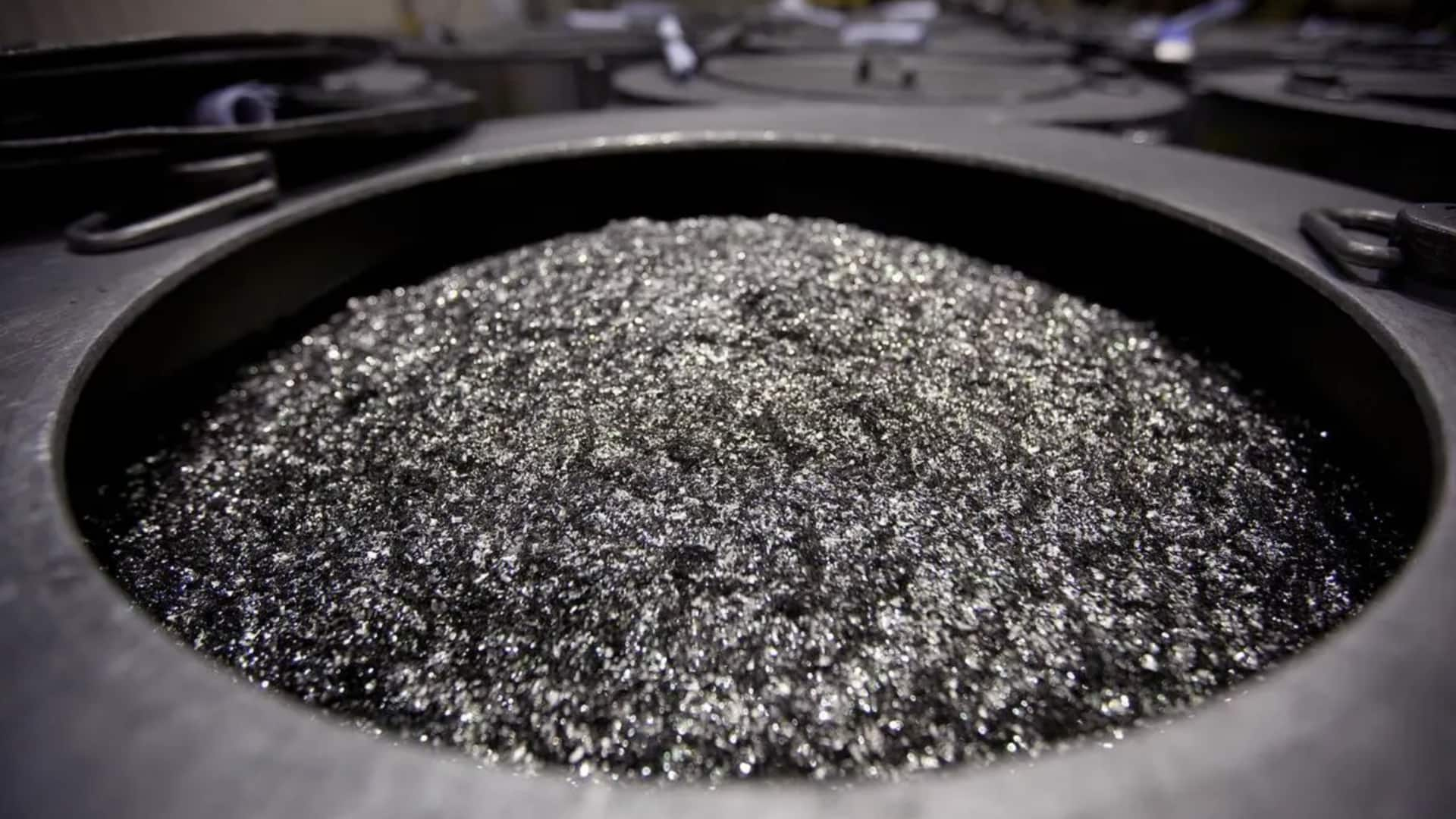
India to counter China's rare-earth ban with ₹1,000cr production scheme
What's the story
The Indian government is planning to launch a ₹1,000 crore scheme to promote domestic production of rare earth magnets. These magnets are key components in electric vehicles (EVs), electronics, and defense sectors. The Ministry of Heavy Industries and the Department of Atomic Energy are working on this scheme, which could be finalized within the next 10-15 days. The move comes after China imposed export curbs on rare-earth materials, prompting concerns within India's auto, electronics, and semiconductor sectors.
Production target
Scheme to boost India's rare earth magnet production capacity
The proposed scheme is aimed at increasing India's rare earth magnet production capacity to around 1,500 tons per year. India Rare Earth Limited (IREL) will be a key player in this initiative, providing some 500 tons of raw materials to original equipment manufacturers (OEMs). Although the government considers the rare earth magnet supply situation stable for now, concerns remain. Some companies may still opt to import fully assembled components rather than source magnets locally.
Policy adjustments
India has the world's third-largest rare earth reserves
India has the world's third-largest rare earth reserves but less than 20% of its geological potential has been explored so far. Officials are mulling changes to the Domestic Value Addition (DVA) criteria under the Production Linked Incentive (PLI) scheme. This is aimed at promoting localized manufacturing. Industry experts believe now is an opportune time to speed up exploration and develop domestic capabilities in this sector.
Industry challenges
Need to remove monazite from atomic minerals list: Vedanta executive
Despite India's rich monazite deposits, a key source of neodymium for rare earth magnets, regulatory and technological hurdles remain. Arun Misra, CEO of Hindustan Zinc and Executive Director at Vedanta, emphasized the need to remove monazite from the atomic minerals list to attract private mining investment. He also stressed on investing heavily in smelting technology and R&D as Japan and China currently hold the technology to extract neodymium from rare earth chlorides.
Sector potential
Government working on another scheme for other rare earth minerals
Geoffrey Pyatt, Senior MD of Critical Minerals at McLarty Associates, highlighted India's untapped potential in the critical minerals sector, especially rare earths. He said this could be a game-changer for creating diversified and resilient global supply chains. The government is also readying a scheme to boost domestic production of other rare earth minerals with an investment plan of ₹3,500-5,000 crore.